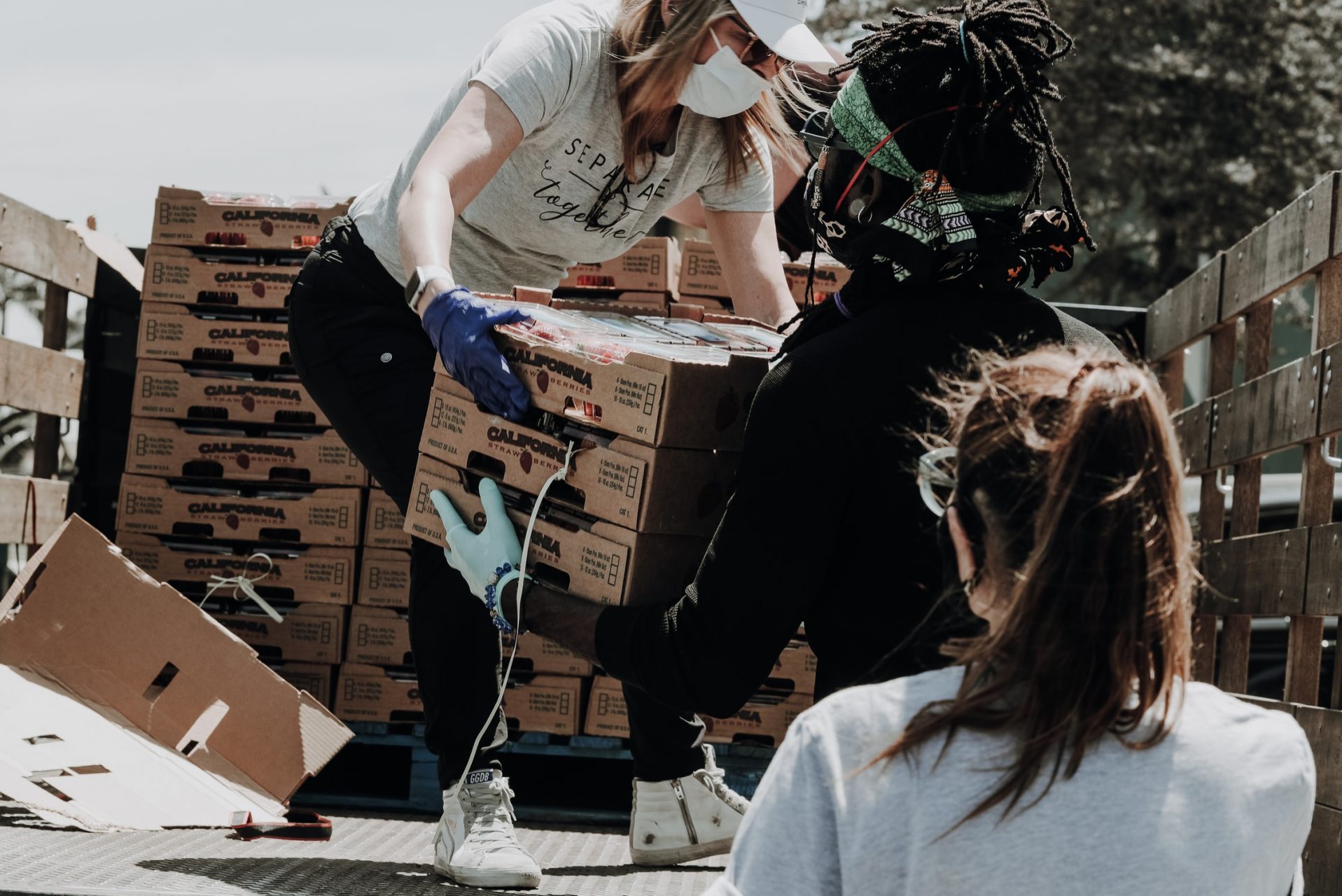New research led by Professor Dominic Abrams along with colleagues at the Belong – The Cohesion and Integration Network recommends that a long-term strategic programme for social cohesion is needed for communities to recover and rebuild from the Covid-19 pandemic.
A long-term strategy would help to create a solid foundation upon which communities can work together in a spirit of neighbourliness, compassion and unity.
The paper, titled Beyond Us and Them: Policy and Practice for Strengthening Social Cohesion in Local Areas, calls on government to embed principles of social cohesion into relevant national policy agendas. It recommends they work with local government to support a locally tailored approach.
The researchers offer recommendations to ensure all areas can benefit from investing in social cohesion. It details how local and national government can increase social cohesion at a local level as communities emerge and rebuild from the Covid-19 pandemic. It is suggested that different strategies in different places will be required to address social cohesion. Central government will need to work in partnership with local government and institutions to support this tailored locally based approach.
Recommendations include:
- Promote active social engagement and volunteering
- A strong, connected and diverse local voluntary and community sector provides routes for engagement, voice and empowerment particularly for less engaged groups and communities.
- Support local leaders to actively promote social cohesion in language accessible to all
- From elected leaders to local MPs, to community leaders, promoting and embedding principles of inclusion, diversity and cohesion in strategy and programmes further builds a story of a local area as a welcoming open place where everyone is treated with respect and dignity.
- Strengthen the role of local government acting as a co-producer, convener and enabler
- This means working alongside communities, groups, business, education, housing, health and civil society sectors to develop and implement a shared vision of place.
The paper also includes best practice examples from local authorities, charities and community groups from across the country including Blackburn with Darwen, Bradford, Calderdale and Walsall.
Professor Abrams, director of the Centre for the Study of Group Processes at the School of Psychology, said: ‘Our recent findings demonstrated that a strong, connected and diverse local voluntary and community sector provides routes for engagement, voice and empowerment. Implementing these recommendations will help diverse areas reap the benefits from investment on social cohesion.’
Funded by the Nuffield Foundation, the paper is a companion piece to the report, ‘Community, Connection and Cohesion during COVID-19: Beyond Us and Them’ released on Tuesday 23 February 2021.
The paper, ‘Beyond Us and Them: Policy and Practice for Strengthening Social Cohesion in Local Areas’, by Professor Dominic Abrams (Kent), Dr Fanny Lalot (Kent), Jo Broadwood (Belong) and Kaya Davies Hayon (Belong) can be accessed on Belong’s website.

